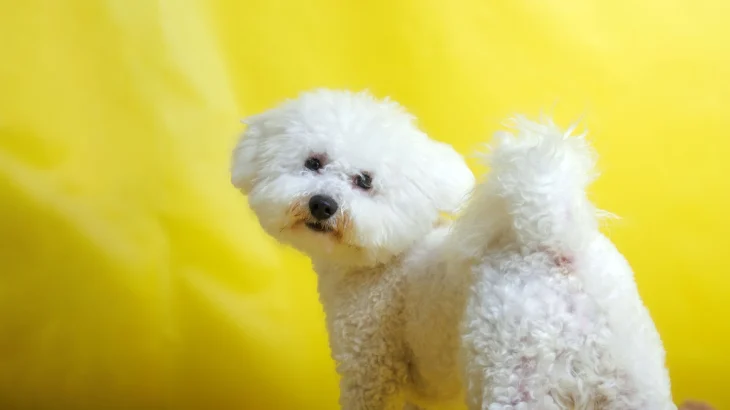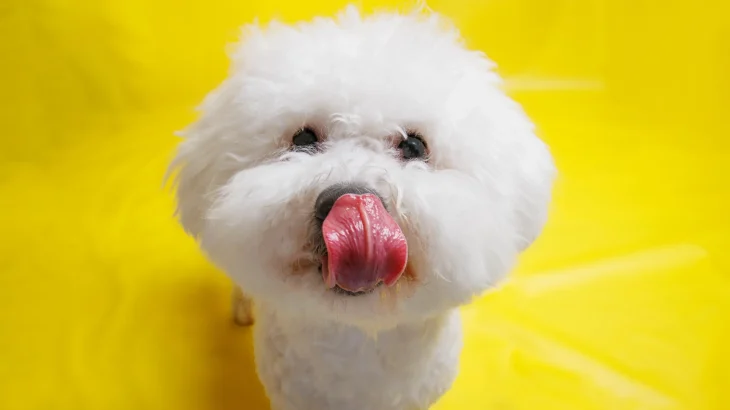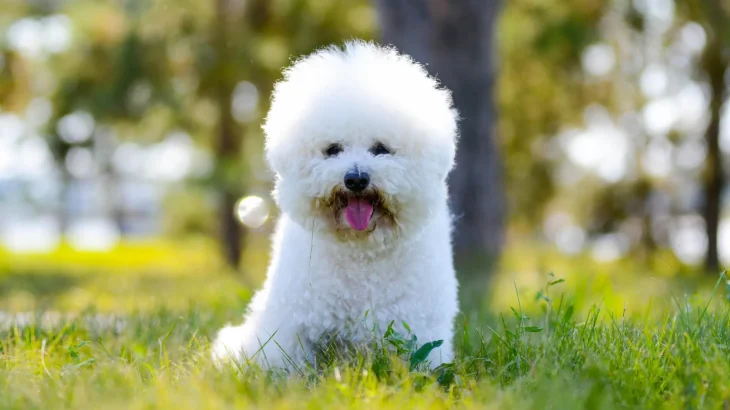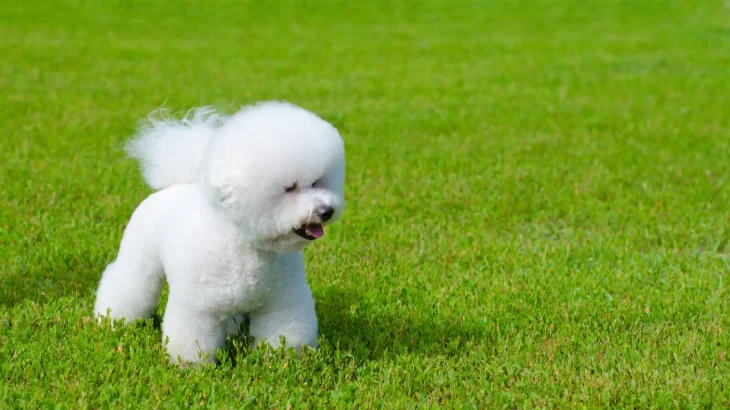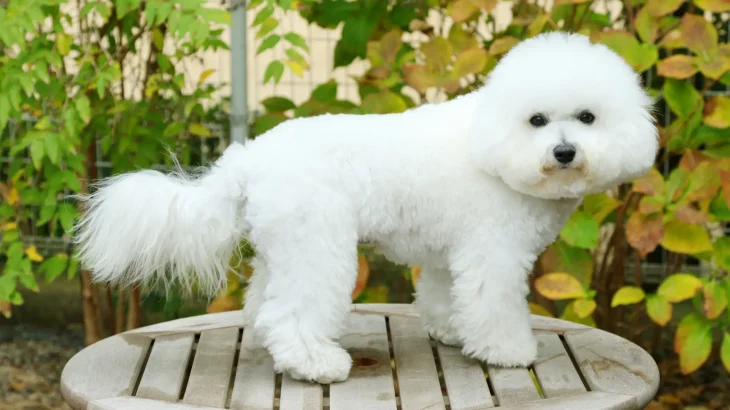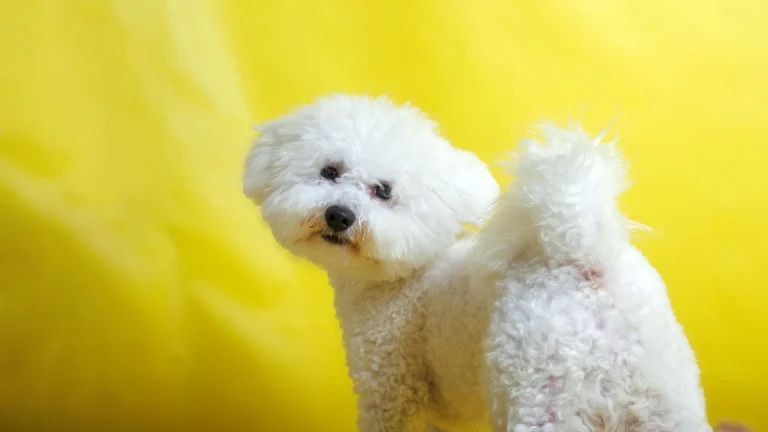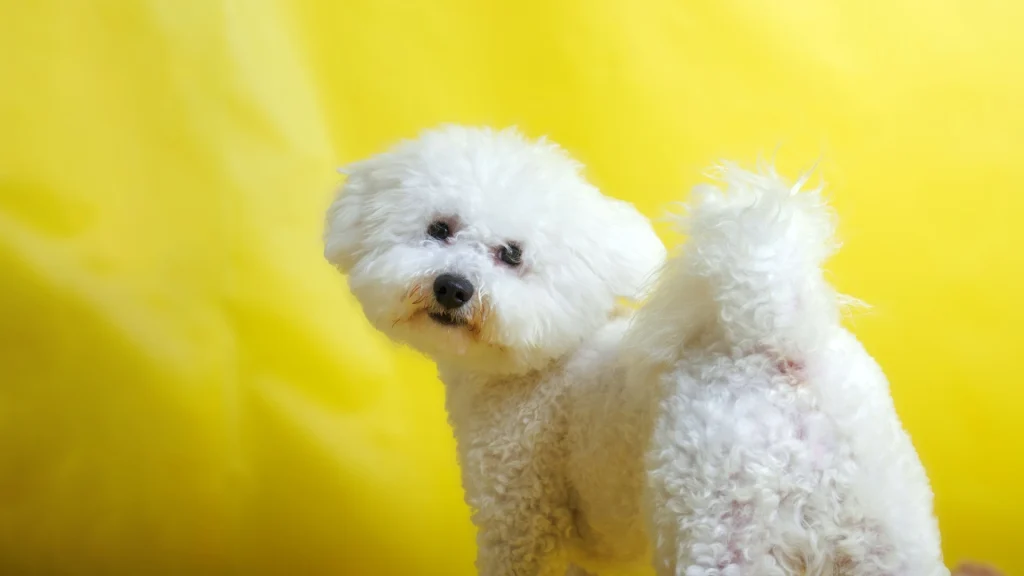Pet insurance is a smart consideration for owners of the Bichon Frise, a small, cheerful breed with a fluffy coat. Like all pets, they can face unexpected health issues or accidents, so insurance offers helpful financial protection. Bichons may have allergies, dental problems, and skin conditions that need vet care. Insurance helps cover costly treatments, surgeries, or emergencies. Most plans include accidents, illnesses, and sometimes hereditary conditions, but usually exclude routine care like vaccinations and grooming. Understanding what a policy covers and its costs is key to making the best choice. Balancing monthly premiums against potential vet bills helps owners decide if it's worth it. Many regret not having insurance when facing expensive emergencies. Overall, pet insurance provides peace of mind but requires careful consideration.
Health and Surgery Coverage
Insurance usually covers illnesses and surgeries, important due to the breed's allergy and dental issues. Comprehensive plans cover emergency surgeries and extended treatments, though deductibles and co-pays apply. Some exclude pre-existing or hereditary conditions common in Bichons. The benefit is avoiding financial crisis and ensuring timely vet care.
Liability Coverage
Liability insurance protects owners if their dog causes damage or injury. Bichons are typically friendly, so risk is low but possible if frightened. Liability coverage can help with legal costs but may increase premiums and isn't always necessary depending on lifestyle or laws.
Common Alternatives and Owner Responsibilities
Some owners self-insure by saving for vet costs or use wellness plans covering routine care but not emergencies. These may save money but carry risks for major treatments. Pet insurance usually covers serious medical events but not regular expenses like dental cleanings, vaccines, or flea treatments, which owners must budget for.
Advantages and Disadvantages of Pet Insurance
The main advantage is financial protection and peace of mind during unexpected vet bills, such as if a Bichon eats something toxic or develops illness. Downsides include ongoing premiums, policy limits, breed-specific exclusions, and possible claim denials. Some owners pay premiums without claiming and see it as extra cost. Ultimately, it's a personal decision based on risk, budget, and care priorities.

